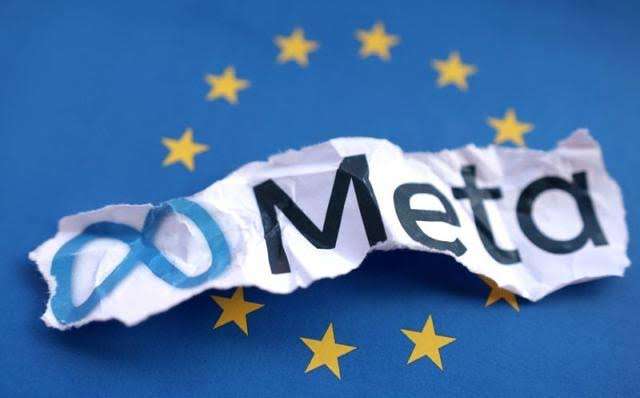
Meta fights Gen AI misuse before EU elections
Meta has revealed its plan to combat generative AI abuse ahead of the EU parliament elections in June 2024.
In advance of the June 2024 European Parliament elections, Meta, the parent company of Facebook and Instagram, has published a plan outlining how it plans to prevent the abuse of generative artificial intelligence (AI) and protect the integrity of the democratic process on its platforms.
According to a blog post published on February 25 by Marco Pancini, head of Meta’s EU Affairs department, content generated by artificial intelligence will also be subject to the platform’s “Community Standards” and “Ad Standards.”Our independent fact-checking partners are also qualified to examine and rate AI-generated materi he said.
One of the ratings will indicate whether the content is “altered,” which is defined as “faked, edited or changed audio, video or images. As it is the platform’s policies mandate that photorealistic photographs produced with Meta’s AI capabilities bear the appropriate title.
Meta Introduces Measures Against AI Abuse Ahead of Elections
According to its most recent statement, Meta is developing new features to enable users to tag AI-generated content from other tools—like Google, OpenAI, Microsoft, Adobe, Midjourney and Shutterstock—that they upload to any of its platforms. Meta announced that users must reveal when they share AI-generated videos and audio for them to be identified and flagged.
Failing to do so could result in penalties. Advertisers who use AI-generated or altered political, socialn or election-related advertisements are required to declare their use. According to the blog post, Meta banned 430,000 advertisements from the European Union between July and December 2023 because they did not include a disclaimer.
Given that significant international elections will be held in 2024, this subject is becoming more and more important. Both Meta and Google have made statements on their platforms’ policies pertaining to artificial intelligence-generated political advertising prior to this most recent upgrade.
In the run-up to the 2024 US presidential election, Google said on December 19, 2023, that it will restrict the responses to election-related searches on its AI chatbot Gemini, formerly known as Bard. OpenAI, the company behind ChatGPT and AI chatbot has also made an effort to allay concerns about AI meddling in international elections by establishing internal guidelines for tracking behavior on its platforms.
Recognizing the potential risk of the scenario if left unchecked, 20 companies—including Microsoft, Google, Anthropic, Meta, OpenAI, Stability AI and X—signed a pact on February 17th to reduce AI election influence. Governments around the world have also made efforts to stop the misuse of AI ahead of municipal elections.
In an effort to lessen the dangers to democracy posed by deepfakes and generative artificial intelligence, the European Commission launched a public consultation on proposed election security rules.After AI voices were used in robocall scams featuring a deepfake of President Joe Biden, the United States outlawed and prohibited their use in automated phone scams.





